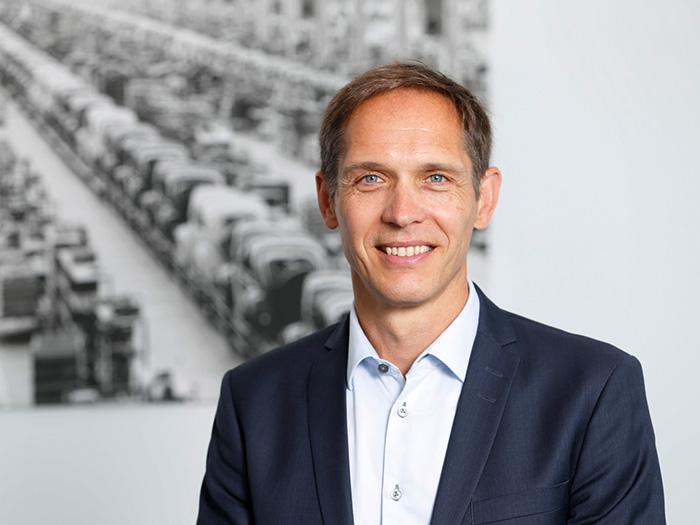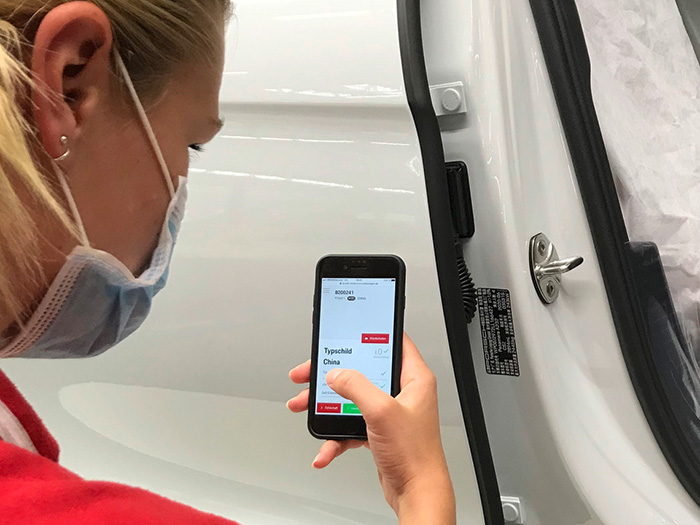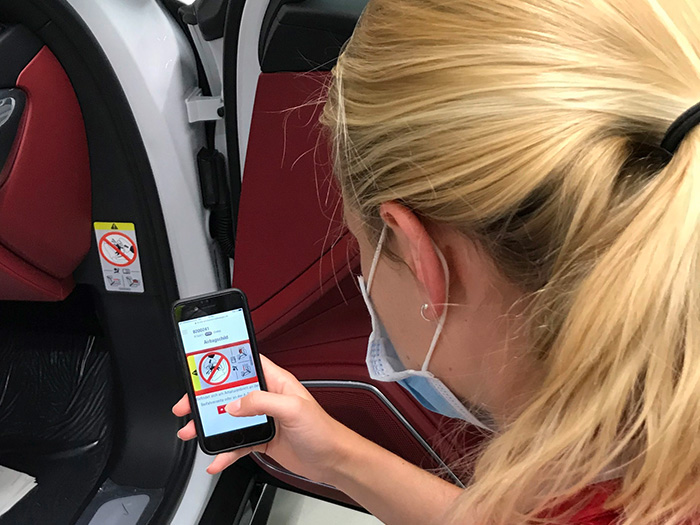Making production more efficient with Computer Vision
Volkswagen Group forges ahead with the development of image recognition processes through artificial intelligence, boosting efficiency in production and reducing costs.

The digitalisation of processes and the use of future-oriented technologies are two of the fundamental elements that Volkswagen Group is working on continuously in order to improve efficiency in production. One of the innovations introduced for this purpose is “Industrial Computer Vision” – an image recognition and processing technology.
“Its use offers considerable potential: by 2024, we already expect cost reductions running into the double digit million euro range throughout the group”, says Gerd Walker, Head of Volkswagen Group Production. “The focus is on applications that we can develop at one location and then roll out throughout the Group”.
Data and images

Volkswagen Group has been using Computer Vision for several years and is employing a phased approach for its introduction to production lines: the first two applications were developed by Porsche and Audi and are currently being prepared for Group-wide rollout and connection to the Volkswagen Industrial Cloud.
Computer Vision extracts information from optical data, such as the real environment at the plant, which it then evaluates using artificial intelligence (AI). The procedure is similar to the human capability of recognising, processing and analysing images.
Applications

The first application based on the technology is being tested in the Porsche plant at Leipzig. The application is tasked with checking the proper application the various labels attached to every vehicle produced. Each label contains country-specific information and are written in the customer’s language – for example, notes on how the airbags function.
At the Porsche plant in Leipzig, Computer Vision means that an employee on the production line scans the vehicle identification number to ensure the vehicle is correctly identified. Photos are taken of each label attached to the car and the app then checks the images to ensure that the labels have the correct content and are written in the appropriate language.
This all takes place on a real-time basis and provides the employee with instant feedback on whether everything is correct. The use of this technology results in time savings of several minutes per vehicle. The app was developed jointly by Porsche, the Volkswagen Software Development Center in Dresden and the Smart.Production:Lab in Wolfsburg.
Quality control
Another app currently being prepared for use throughout Volkswagen Group comes from Ingolstadt, where Audi uses it for quality testing at the press shop. Cameras combined with software based on machine learning scan every component in order to detect the finest cracks and defects.
Volkswagen Group has set up a team of about 60 Computer Vision experts for the further development of the technology and the evaluation of new areas for its application, including in sales and after-sales. That’s why, as it builds up its skills in the fields of camera technology and machine learning, the Group is recruiting experts in Berlin, Dresden, Munich and Wolfsburg.
Source: Volkswagen
